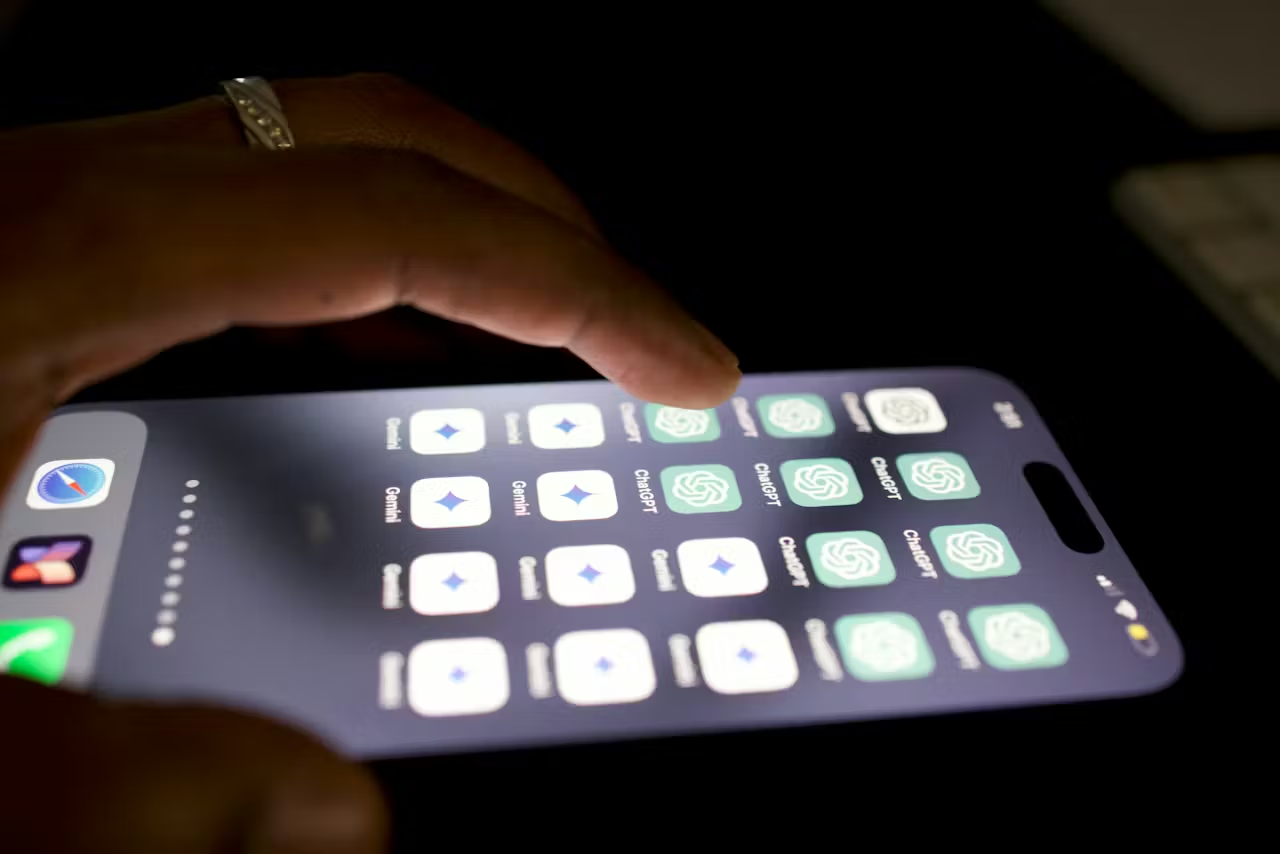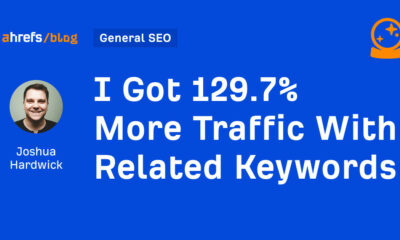MARKETING
Studies find big increases in ad fraud attempts and fake traffic

The ad fraud business is booming, according to two new studies, which found increases in both fraud attempts and fake traffic.
Some 17% of all traffic from affiliate programs is fake, according to security firm CHEQ, up from 10% two years ago.
The study, which examines traffic across more than 50,000 websites, also found:
- 27% of organic and direct traffic is invalid.
- 32% of organic and direct traffic from mobile is invalid.
- 32% of organic and direct traffic in the retail sector is invalid.
This results in:
- $697 billion wasted globally on skewed data each year.
- $42 billion revenue lost to invalid traffic annually.
- $115 billion in sales labor costs wasted on invalid leads.
Read next: Is there any incentive to crack down on programmatic ad fraud?
Also, ad verifier DoubleVerify reports it found a 70% increase in fraud schemes in 2021 compared to the year before. The company also claims that post-bid fraud violations declined by 7% during that period as a result of its own actions.
Why we care. There’s no need to reiterate all the reasons why ad fraud is bad. What is most notable about it now is its persistence. As anti-fraud consultant Augustine Fou told us last month: “It hasn’t been solved because people don’t want to solve it. Let me be a little more specific. The advertisers who are paying the money, they want to buy hundreds of billions of ad impressions. You can’t buy that much quantity without the fraud.” Nothing is likely to change until advertisers stop paying for fictitious data.
Get the daily newsletter digital marketers rely on.

















You must be logged in to post a comment Login